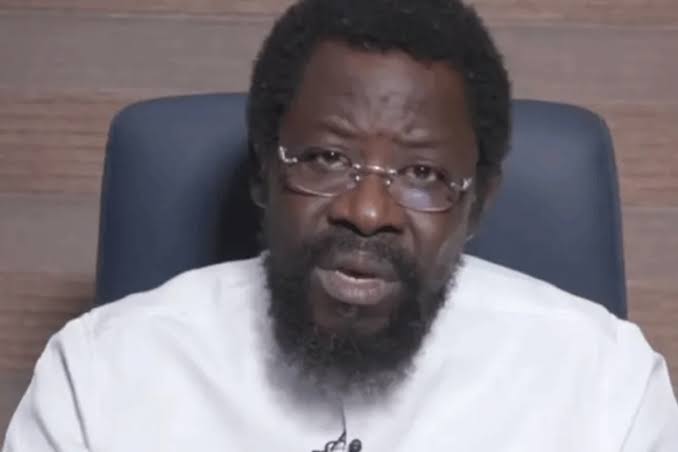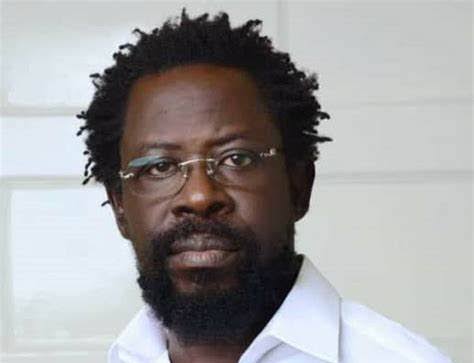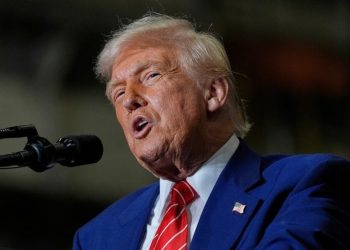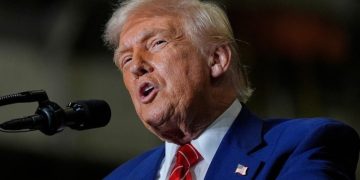A Federal High Court in Ado-Ekiti has granted bail to rights activist and legal practitioner Dele Farotimi, but not without a price. The court, in its magnanimity, set the bail at a modest ₦50 million, along with a surety required to match the amount and provide a landed property as collateral.
Omoyele Sowore, the African Action Congress (AAC) presidential candidate in the 2023 elections, broke the news on his X account. With palpable relief, he announced, “The first hurdle was crossed. #DeleFarotimi was granted bail of N50 million surety in the like sum with someone with landed property. The case was adjourned to January 29, 2025.” Oh, just a casual sum for the average Nigerian.

The bail conditions were as elaborate as they were stringent. The surety must be a resident of Ekiti with three years of tax clearance and a property within the state. Furthermore, the title deed to this property must be handed over to the court registrar. Both Farotimi and the surety are also required to submit four recent passport photographs. Let’s not forget, Farotimi must also deposit his international passport.
The 56-year-old activist found himself in this legal maze after the police slapped him with a fresh 12-count charge last Friday. This was hot on the heels of an earlier 16-count charge of criminal defamation filed just three days prior. In case you’re wondering, the initial charges emanated from statements he allegedly made during an online interview and in his book, Nigeria and its Criminal Justice System. Among other things, Farotimi accused legal luminary Aare Afe Babalola of corrupting the judiciary, claims the authorities insist are not only false but potent enough to destroy his reputation.
One charge under the Cybercrimes Act accused Farotimi of knowingly disseminating “false information to cause a breakdown of law and order.” The defense, led by Senior Advocate of Nigeria Festus Emiri, is undoubtedly gearing up for the January 29, 2025, court date. Meanwhile, Farotimi’s supporters continue to rally around him, questioning whether these charges are a genuine pursuit of justice or a thinly veiled attempt to silence dissent.
This case puts Nigeria’s justice system under the spotlight. Are the accusations an exercise of free speech, or reckless defamation deserving of punishment? And does the judiciary, criticized for its inconsistencies, have the moral authority to arbitrate such a sensitive issue without bias?

















